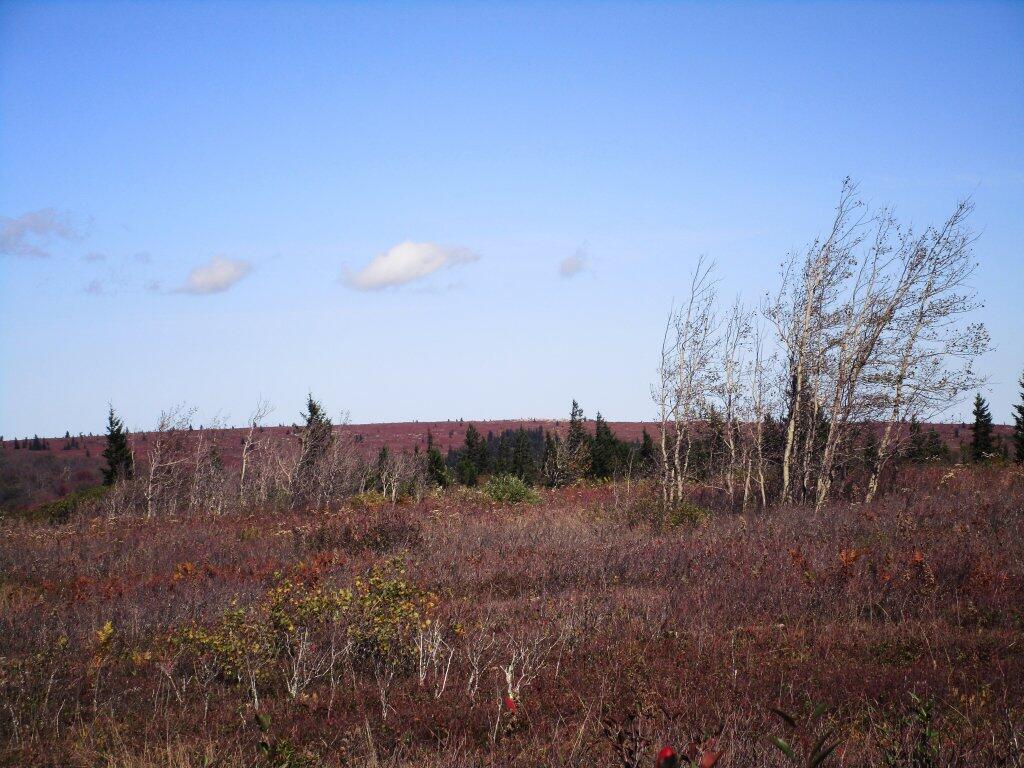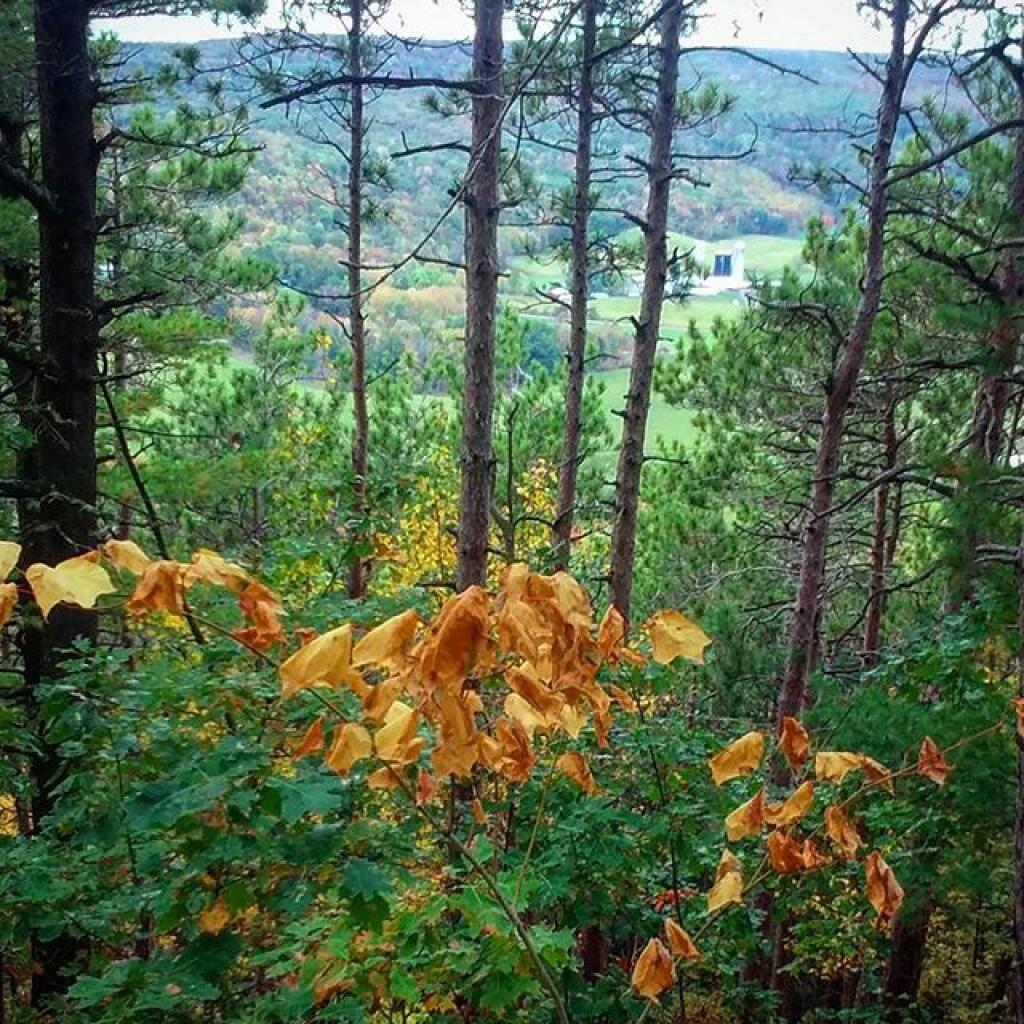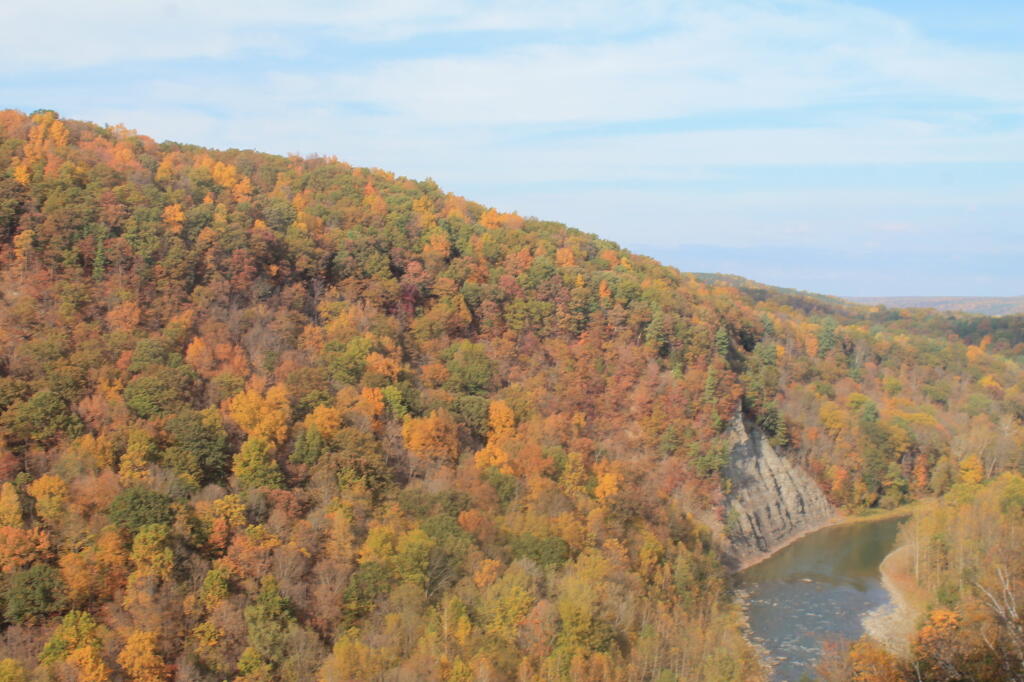You can see why people would think that Dolly Sods was largely a waste land after farming failed on this high ridge of the Allegheny Front but also how this is truly unique ecosystem you can't find in many of parts of America.
Taken on Friday October 11, 2019
A bizarre pest from Asia is spreading fast and putting billions of dollars’ worth of resources at risk.
If you often hit that mid-afternoon slump and feel drowsy at your desk, you're not alone. The number of working Americans who get less than seven hours of sleep a night is on the rise.
And the people hardest hit when it comes to sleep deprivation are those we depend on the most for our health and safety: police and health care workers, along with those in the transportation field, like truck drivers.
I know I can't be productive without at least 8 hours of sleep, and lately I try to get 9-10 hours. I don't mind, I've just gotten in the habit of killing the lights by 9:30 PM or 10 at the latest most nights.
On a Friday afternoon in late September, Kalamazoo County Health Officer Jim Rutherford announced that aircraft would mist much of the county with an insecticidal spray. Intended to kill mosquitoes, the emergency plan quickly turned into a public relations battle. Hundreds of calls and emails — and even some threats — streamed into Rutherford’s office in southwest Michigan, many expressing concern about the spray.
In the United States, an average of seven human cases of eastern equine encephalitis (EEE) are reported annually, according to the Centers for Disease Control and Prevention. But 2019 has been an especially bad year for the mosquito-borne virus, with at least 35 cases and 13 deaths reported nationwide. In Kalamazoo County, when Rutherford made his decision, EEE had killed a 64-year-old man and sent a 14-year-old girl into intensive care. Faced with the prospect of several more weeks of mosquito-friendly weather, Michigan state officials had offered 15 counties the option of spraying. All of them accepted.



